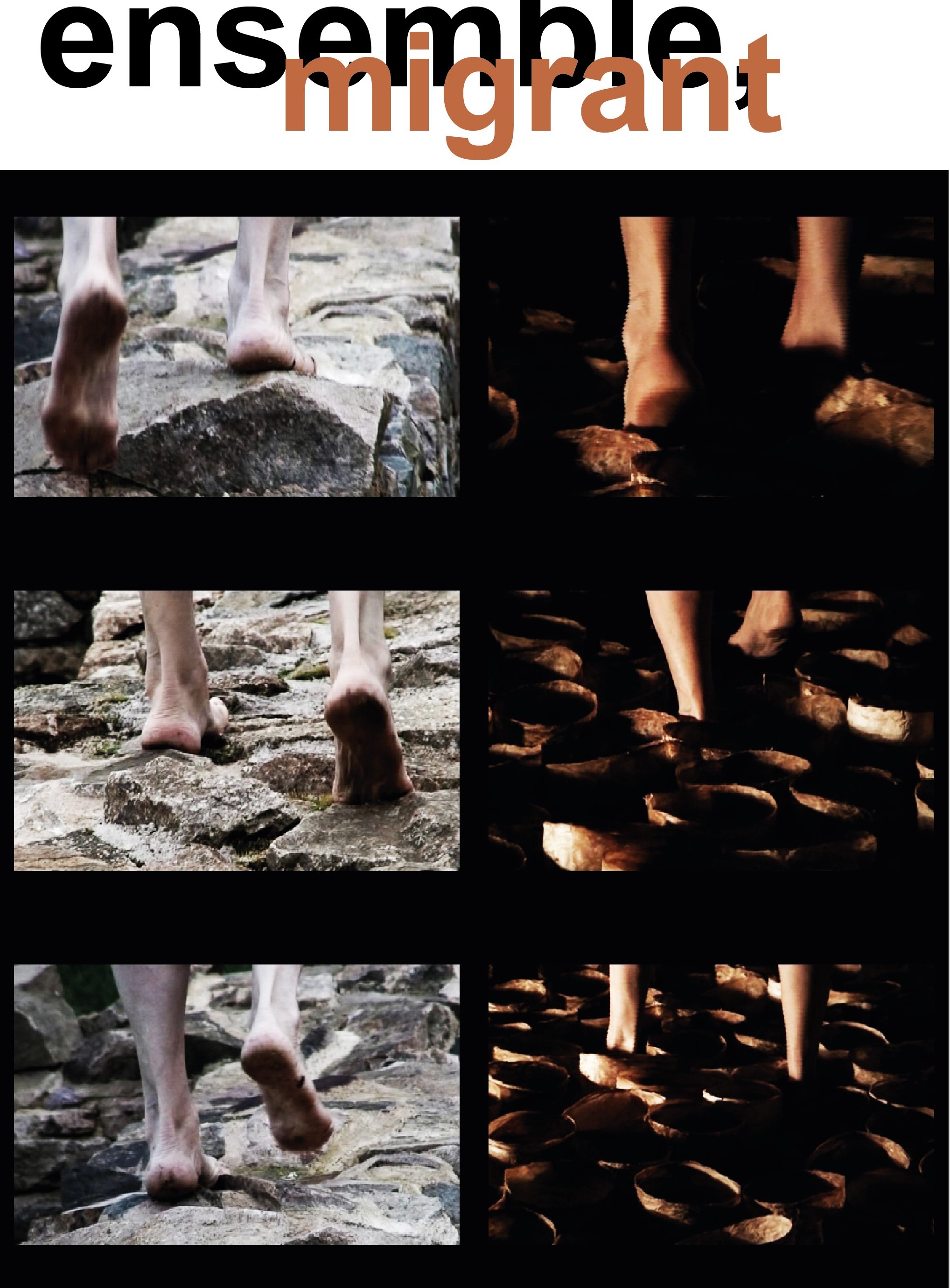Not all those who wander are lost.
J.R.R. Tolkien.
I’m writing this text in November 2024, one year since I started living at the Maison Josefa.
The moment I moved into the House, it was my fourth country, fourth city, and seventh house, but the first one that felt like home, bringing the sensation of safety and freedom to my inner world.
I saw the motto “Tous migrants”. I heard a phrase that sounded like an affirmation: “To move is natural”, and it struck me, transforming my personal vision and outlook forever.
I feel the Maison Josefa as that kind of home that allows you to be your true self because the idea of being in a state of constant movement was finally normalized by a community of like-minded personalities and was taken as a mission to change conventional understanding of migration and finally question it.
The idea deeply resonated with what I was always thinking but never could properly verbalize and express. However, after I finally found myself at the Maison Josefa, a place where it’s not stigmatized, it helped to rebuild my life vision and consolidate my new personal philosophy.
Like anyone else, I believed that migration was typically associated with movement, change, and the search for a better life.
But if we try to detach from the migration as such, movement is a natural part of life, that symbolizes vitality and the continuous flow of time and change. It reflects the dynamic nature of existence, while stagnation is often seen as a symbol of decay or regression. In essence, movement in life, whether physical, emotional, or metaphorical, is essential for survival, growth, and achieving a fulfilling existence.
We are moving all the time.
Blood is moving through your veins right now. Your heartbeat is a movement. Life wouldn’t have existed without movement. The evolution of all species started with a move that fish made to crawl out from water to land.
Movement represents progress and adaptability, allowing individuals to evolve and grow personally and professionally. It encourages us to step out of our comfort zones, leading to new experiences and opportunities. Human movement drives exploration, discovery, and innovation. On a societal level, migration and movement influence cultural exchange, economic growth, and community development.
Same with change. We all change. The change is natural. Our bodies change. Our physical appearance changes. We change our opinions and beliefs. We change our preferences, our tastes. Our experiences change our worldview, our career, our goals, and our dreams. You are not the same person that you were ten years ago, one year ago, even one day ago. Change is normal, without it we get stuck and collapse as individuals, social groups, and society.
Similarly, searching for a better life is a natural and universal aspiration. This pursuit is important for personal growth, a sense of fulfillment, and well-being. Striving for a better life often pushes individuals to develop new skills, broaden their knowledge, and improve their mindset (all this happened to me). During this journey we build resilience, strengthen our confidence, and get a deeper understanding of ourselves. The pursuit of a better life aligns with finding purpose and satisfaction in personal and professional areas. It helps individuals create meaningful experiences and relationships.
All these processes are difficult, challenging, and sometimes frightening, but here at the Maison Josefa I accepted them as natural and inalienable from normal human development, understanding they make us all to be migrants.
I’m changing.
I’m moving.
I’m wandering.
I’m not lost.
I’m a migrant.
All are migrants.
Dilara


